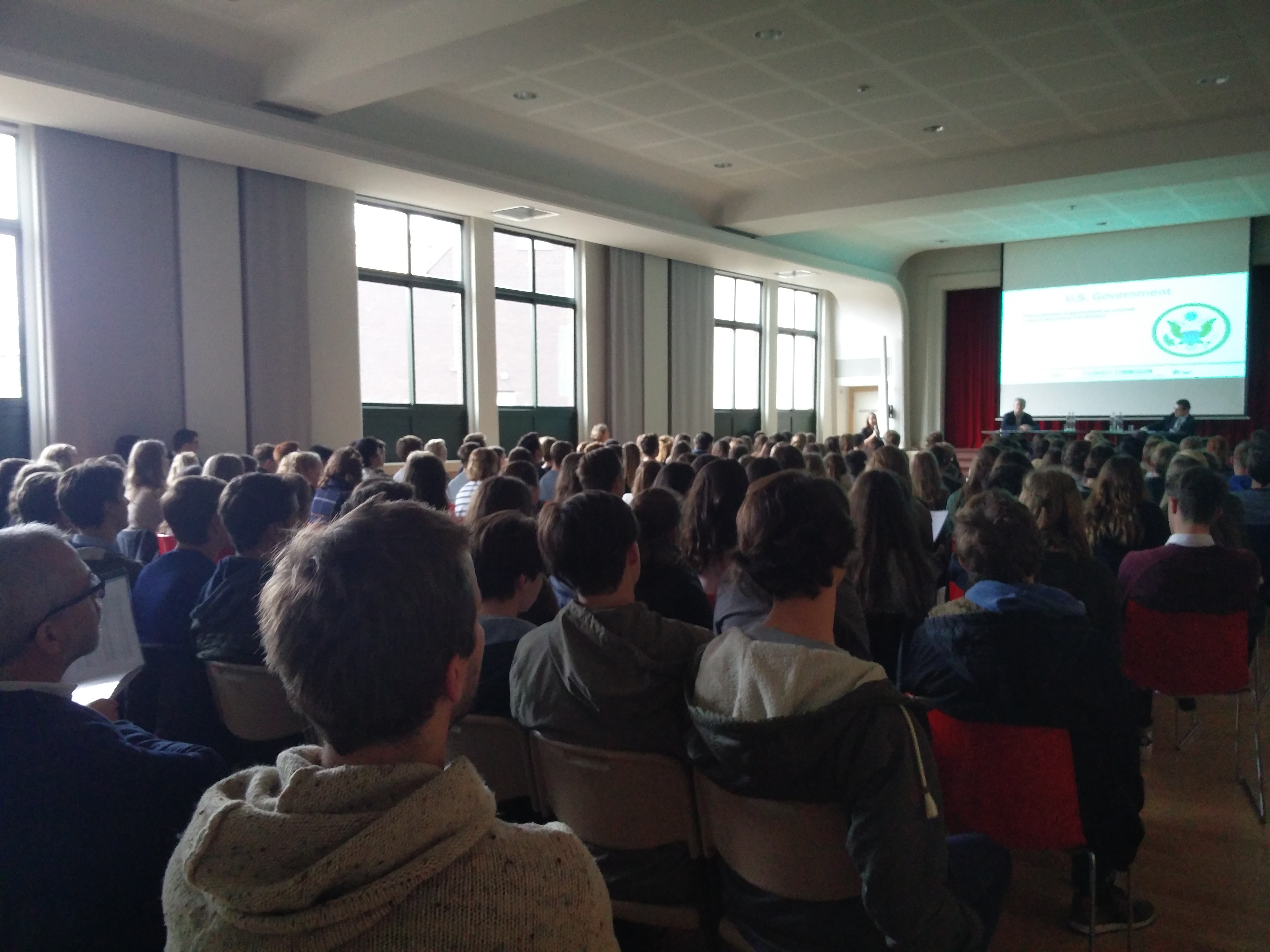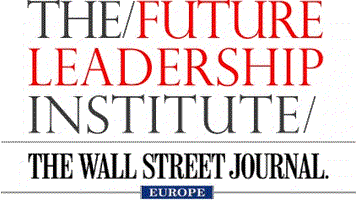In 2014, the 21 members of the League of European Research Universities (LERU) contributed a total of 71.2 billion euros in gross value added (GVA) to the European economy. In addition, they created 900,065 jobs. KU Leuven created 6.2 billion euros in GVA and 59,335 jobs. Those are the findings of a study by BiGGAR Economics and LERU.
LERU is an association of 21 European research universities, including Oxford, Cambridge, Leiden, and KU Leuven. In 2014, LERU commissioned a study from independent consultancy BiGGAR Economics to quantify the economic contribution of its universities.
“The researchers examined five types of university contributions”, explains Professor Kurt Deketelaere, Secretary-General of LERU. “Specifically, they focused on students and university staff, but also on tourism in university cities, alumni, and knowledge transfers in the form of spin-offs and patents. For each of those themes they calculated the GVA and the number of related jobs.”
The study shows that universities’ core contribution created 23.9 billion euros in GVA as well as 375,683 jobs. KU Leuven’s share totaled 1.2 billion euros in GVA and 17,414 jobs. “These numbers include university staff members, the direct revenues and expenses, and money spent by staff in the local economy”, adds Deketelaere.
Other important elements are knowledge transfers and innovation. “Think of spin-offs, contract research, or patents. In this domain, KU Leuven contributed 3.1 billion euros in GVA and 33,322 jobs. Together, the LERU universities contributed 21 billion euros in GVA and 298,489 jobs. But students, tourists, and alumni contribute to the economy as well.”
The European research universities also attracted more than 50,000 students from outside the EU. “Those students pay tuition fees, rent a room or apartment for a year, and spend money in Europe. Their contribution to the European economy adds up to approximately 1.7 billion euros.”
In 2014, the LERU universities created a total of 71.2 billion euros in GVA and 900,065 jobs. KU Leuven’s specific contribution amounts to 6.2 billion euros in GVA and 59,335 jobs.
“Functioning in that space where education, research, and valorisation meet, KU Leuven and the other LERU universities have a positive impact on European prosperity”, says Professor Koen Debackere, Managing Director of KU Leuven. “And it is all thanks to the talent that is academically trained and developed at these institutions, year after year.”
“For every euro they earn, the LERU universities generate almost six euros for the European economy”, says Deketelaere. “Every job at one of our universities supports almost six European jobs. Investing in research and innovation in Europe clearly pays off.”
The Economic Contribution of LERU Universities
How is the economic contribution measured?
In order to illustrate the scale and breadth of the economic contribution made by LERU members, the report focuses on quantifying the economic value generated by LERU universities. This value is calculated using two widely accepted measures of economic impact: jobs and gross value added (GVA, a measure of the economic value of goods and services produced in a given area; it is the total value of output less the value of intermediate inputs). The base year for all data is 2014.
The starting point for quantifying the economic value of the LERU universities was to consider the various activities undertaken by all LERU universities and to identify those that are likely to generate economic value. 18 sources of impact were identified and these were grouped into 5 themes:
- core contributions, including direct effects, supplier effects, staff spending and capital spending;
- student-related contributions from student spending, working, volunteering and undertaking replacements;
- the knowledge transfer, enterprise and innovation activity created by the LERU universities;
- the tourism contribution created by visitors to staff and students and attendance at conferences and events held at the LERU universities; and
- the life-time productivity gains from teaching and learning delivered by each institution (graduate premium).
What are the main findings?
One of the key findings of this study is that LERU universities contributed a total economic value of €71.2 billion in GVA and 900,065 jobs across Europe in 2014.
This total economic value is the result of calculating the following contributions:
- core contribution: in 2014 LERU universities generated €23.9 billion in GVA and 375, 683 jobs through people employed directly at the LERU universities, through expenditure on supplies, through money spent by staff in the local economies and by capital projects;
- student-related contribution: student expenditure, student employment (outside the LERU universities), student volunteering and student placements were worth €9.7 billion in GVA and supported 220,184 jobs in Europe;
- knowledge transfer, enterprise and innovation activity: technology licensing, consultancy, contract and collaborative research, spin-outs and start-ups, research and science parks, workforce training and staff volunteering made a combined contribution of €21.9 billion in GVA and 298,489 jobs across Europe;
- tourism contribution: visits to staff and students and attendance at conferences at the LERU universities created a contribution of €0.3 billion in GVA and 5,708 jobs across Europe;
- graduate premium: the life-time productivity gains from teaching and learning was estimated to be worth €15.4 billion in GVA.
Some other relevant findings include:
- international (non-EU students): LERU members attract over 50,000 students from outside the EU, which contributes to European exports earnings, estimated at €1.7 billion per year for the European economy through the fees they pay and their spending in the wider economy;
- economic contribution of the research universities sector: by extrapolating the impact of LERU universities, the research universities sector was estimated to contribute over €300 billion GVA and to support 3.8 million jobs across Europe, representing 2.2% of all GVA and 1.8% of all employment in the EU;
- for each €1 in GVA directly generated by the LERU universities, there was a total contribution of almost €6 to the European economy, and every job directly created by the LERU universities supported almost 6 jobs in the European economy.
Despite the impressive figures, the study represents only a snapshot of the contributions of the LERU universities to the European economy: a picture of the economic contribution in 2014. The long-term effects deriving from some of the activities should not be neglected.
Similarly, although this report assesses the quantifiable economic impact of the LERU universities, there are, however, significant wider, unquantifiable benefits of higher education to individuals and to society, such as greater social cohesion, improved social mobility, better health and wellbeing and greater civic engagement.
A wider acknowledgement (and support) to research universities is needed
“As the figures in the report demonstrate, investing in research, innovation and education really pays off!” states LERU Secretary-General, Prof. Kurt Deketelaere. “In 2014, LERU universities received €16.3 billion in income and generated a total economic impact of €71.2 billion. That implies that LERU universities generated €4.37 GVA for every €1 income earned”.
“The wide impact of research universities (and universities in general) should be better acknowledged. As indicated in the report, the contribution of research universities is greater than that of the direct GVA and employment of the automotive industry, the pharmaceutical and real estate sectors in Europe. That is certainly not a negligible fact” states LERU Chair Prof. Alain Beretz.
The LERU-BiGGAR report provides sound evidence of how research universities make essential contributions to the European economy. As such, the impact of universities should be better understood and recognised, and their economic and societal contributions should be better taken into consideration by European and national policymakers. Providing universities with adequate funding will clearly benefit the European economy, contributing to Europe´s growth and competitiveness. However, although funding is certainly essential in allowing universities to develop their full potential, this remains insufficient if the appropriate framework conditions are not created. “On issues such as the EU Copyright reform, the General Data Protection Regulation or Open Access, we often fail to realise how much is at stake for European universities and, therefore, for the European economy and the internal market. Although at first sight it might not be obvious to everyone, issues such as the lack of a text and data mining exception, barriers to the processing of personal data for scientific purposes or the absence of an EU level playing field in such domains are very closely related to the advancement of knowledge, to universities´ activities and therefore, to Europe´s competitiveness”, explains Prof. Deketelaere.
The figures on how universities contribute to society and the economy are presented here. Now it is up to the EU and national policymakers to do their part.
Find the full report here.
Source: Tine Danschutter & Katrien Bollen, The KU Leuven
Categories: Breaking News, Leadership in Economics, Leadership in Education
















